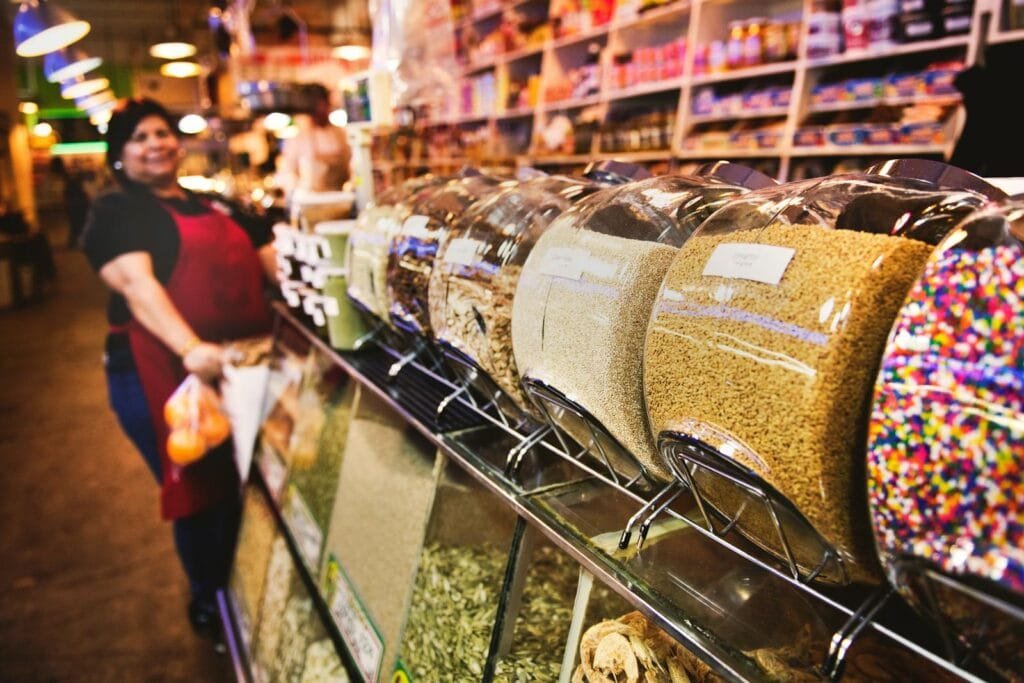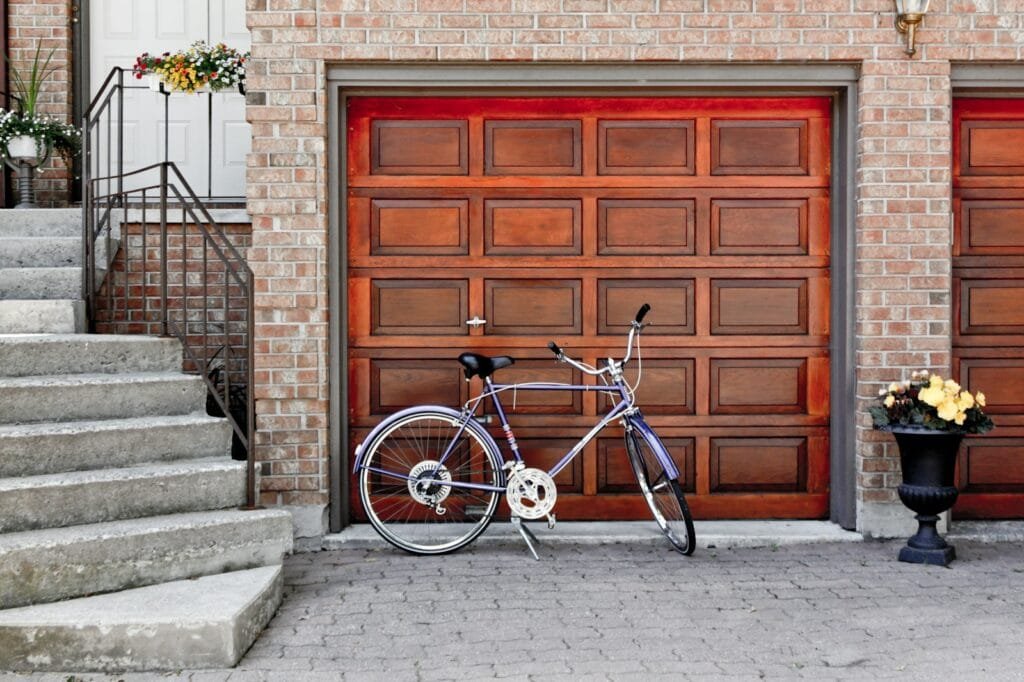keep
The word “keep” is an irregular verb that is similar to have, put, store, maintain, continue, and prevent.
- I always keep a knife in my pocket.
- Where do you keep your soy sauce?
- She keeps a regular schedule at work.
- We keep forgetting to water our plants.
- The government is keeping people from entering the country.
a. keep = put in a place; store
People keep (put) things in special places in order to find them easily.
- Sally keeps pictures of her children around the house.
- Victor keeps his socks in a dresser.
- I always keep at least $20 in my wallet.
- Where do you keep your orange juice?
- It’s a good idea to keep a weather radio in your home in case of an emergency.
- You should keep a spare tire in your car in case you get a flat tire.
A person stores or keeps things in places for long-term storage in order to protect them or save them for the future.
- You should keep your money in a bank for safe-keeping.
- Where do you keep your money?
- Julia keeps a diary and writes in it the things that happen daily in her life. (diary = a personal journal)
- The United States keeps military forces around the world in order to protect its interests.
a. keep = put in a place; store

- The store keeps candy in glass bins so that customers can see what’s inside.

- Renee keeps her bike in her garage.

- A bank is a safe place to keep your money.
b. keep = continue
When the word “keep” means continue or don’t stop, it’s often followed by a gerund.
- The child keeps asking for candy.
- The engine keeps shutting off.
- The alarm keeps going off.
- Do you want to keep on going? (The phrasal verb “keep on” has about the same meaning.)
- She kept on talking during the entire movie.
- If you keep on doing that, it will be bad for your health.
- Keep going! (Don’t stop.)
- The dentist told his patient to keep her mouth open.
- They have to keep the door closed in winter because it’s cold outside.
- Loud noises keep me awake at night.
- What keeps you awake? (What helps you remain awake?)
b. keep = continue

- This student keeps asking the professor strange questions.

- They kept fighting despite the danger involved.
c. keep = prevent / protect
Use “keep” for situations that provide for some safety.
- A seatbelt helps keep you safe if there is an accident.
- The police keep a community safe.
- Guard rails keep cars away from dangerous situations on the road.
- Our dog keeps us safe by barking at strangers.
- Ring doorbells keep constant surveillance of a homeowner’s property.
- A fit bit device keeps watch over a person’s health.
- Gates keep people from entering places they should not enter.
- Cold storage keeps certain food fresh.
c. keep = prevent / protect

- A helmet can keep your head protected while you are riding a bike.
d. keep - phrasal verbs
Among the many different phrasal verbs that include “keep” are keep away, keep from, keep to, keep at, keep up with.
- Please keep away from that fire. (keep away = stay away)
- It’s hard to keep from thinking about that. (keep from = stop)
- You should just keep it to yourself. (keep to = maintain secrecy)
- She keeps to herself. (She isolates herself from others.)
- If you want to learn English, you have to keep at it. (keep at = continue)
- He’s too far ahead of us. We can’t keep up with him. (keep up with = to be at the same place in a place or level of skill. There are additional examples for this phrasal verb below.)
d. keep - phrasal verbs

- If you want to get good at something, such as playing the guitar, you must keep at it.

- Bicyclists try to keep up with each other during a race.
e. keep up / keep up with
Two phrasal verbs, in particular, are used for maintaining a speed or attention to a situation: keep up and keep up with.
- You are walking too fast. I can’t keep up.
- Do you keep up on the news?
- Mary and Joe are trying to keep up their old house, but it’s hard to make all the necessary repairs.
- Runners in a marathon have to keep up their pace if they want to finish the race.
- Students sometimes have a hard time keeping up with assignments in school. They fall behind because they can’t keep up.
e. keep up / keep up with

- She keeps up with the news by reading a newspaper.

- To keep up with current trends in business, they have regular meetings and workshops.
f. keep - expressions
Here are some popular expressions that include “keep.”
- Keep it to yourself. (Don’t say anything to anyone about this situation.)
- Try to keep it a secret. (Don’t tell anyone about this.)
- Can you keep a promise? (Can you do what you said you would do for someone else?)
- Keep in touch. (Let’s maintain contact via phone, messaging, email, etc.)
- Keep it down. (Reduce the sound or the noise.)
- Keep your nose to the grindstone. (Work hard.)
- Please, keep an eye on your children. (Watch what your children do.)
- Keep your mouth shut. (Don’t say anything.)
- Keep out. (Don’t enter.)
f. keep - expressions

- He keeps in touch with his family through the internet.

- A: How was your trip to the dentist?
- B: Please, don’t ask. It didn’t go well.
g. using "keep" as a noun
There are a few ways to use “keep” as a noun:
- He earns his keep as a teacher. (The money he makes to live on comes from being a teacher.)
- Is this for keeps? (May I have this or keep this?)
- That big fish is a keeper. (Some small fish you shouldn’t keep because they are too small.)
- Ralph’s new girlfriend is a keeper. (She’s a good match for him.)
- Finders keepers, losers weepers. (The person who finds something can keep it, and the person who loses the thing must suffer the loss.)
g. using "keep" as a noun

- Martha really likes Walter. She thinks he’s a keeper.

- Jerry’s grandfather gave him his old VW for keeps.
